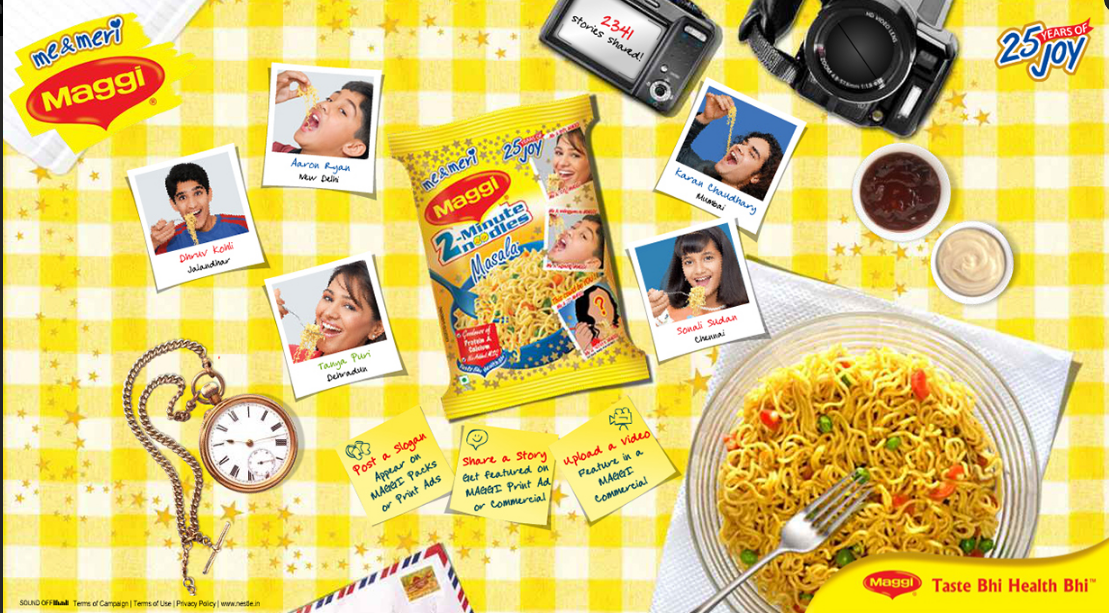activists are requesting the state to forbid the chemical in infant as well as toddler food containers. there is no chemical alternate for the bisphenola which is used in baby food lids and infant formula cans. though, companies can use another type of packaging to keep the food protected, a new york environmental consulting firm has concluded in its report. the maine department of environmental protection appointed techlaw inc. of east chatham, n.y., to examine alternatives to bpa. bpa is a chemical which is used to line lids and cans and avert bacterial contamination. some studies have revealed that bpa is a hormonedisrupting chemical which could be linked to diabetes, heart disease and obesity, as well as problems with reproduction and brain development. this is the reason why a group of mothers, which is lead by an alliance for a clean and healthy maine, ran a signature campaign in june to request the state board of environmental protection to forbid bpa in infant, as well as toddler food containers. maine already has forbidden the chemical from sippy cups, baby bottles, and other reusable beverage and food containers. amanda sears is associate director of the environmental health strategy centre. amanda mentioned in the statement that the state&39s own experts agree that there&39s no need to expose children to bpa because safer substitutes are widely available. environmental health strategy centre has urged swift action by the board to abolish this hazardous chemical from food packaging. the board considered techlaw&rsquos highly technical 156page report. the report was required because none of the eight manufacturers, which would be affected by a ban, fully conformed to a state request for information, said kerri malinowski. at the department of environmental protection, kerri handles the safer chemicals program. techlaw has found that polyethylene could be a fine alternative. malinowski said that there was no dropin chemical which can be used in the similar way for those packages. however, there are other trustable packages available, as well. board members say they need to get further information about the expenses associated with alternatives to bpa. robert foley, the board chairman, also mentioned that he is concerned about how to classify toddler food. as an example, robert said children may eat peas from a container that may not be made especially for toddlers. he also said that how to define the toddler food is a million dollar question. andrew smith is state toxicologist. he said he would consider whether this ban will make a huge difference in what maine children are eating. he also questioned that, if the market has already determined it&39s going to act and largely removed bpa, is there much opportunity left for considerable exposure reduction wing goodale, the board member, said evidence to the board specified that 94 percent of the market already has converted to nonbpa packaging for baby as well as toddler food. he mentioned, in 2010, when the board implemented the ban on sippy cups, the reason was that the manufacturers already was started moving in that direction, so the state wanted to implement a ban lawfully. despite opposition from gov. paul lepage, the legislature upheld the rule in 2011. the legislature let it become a law without his signature. any recommendation made from the environmental board will put in front of the legislature for approval. if a ban is suggested, it could take effect in september. source of information httpwww.pressherald.comnewsexpertsreplacebpausingotherpackaging20121221.html






